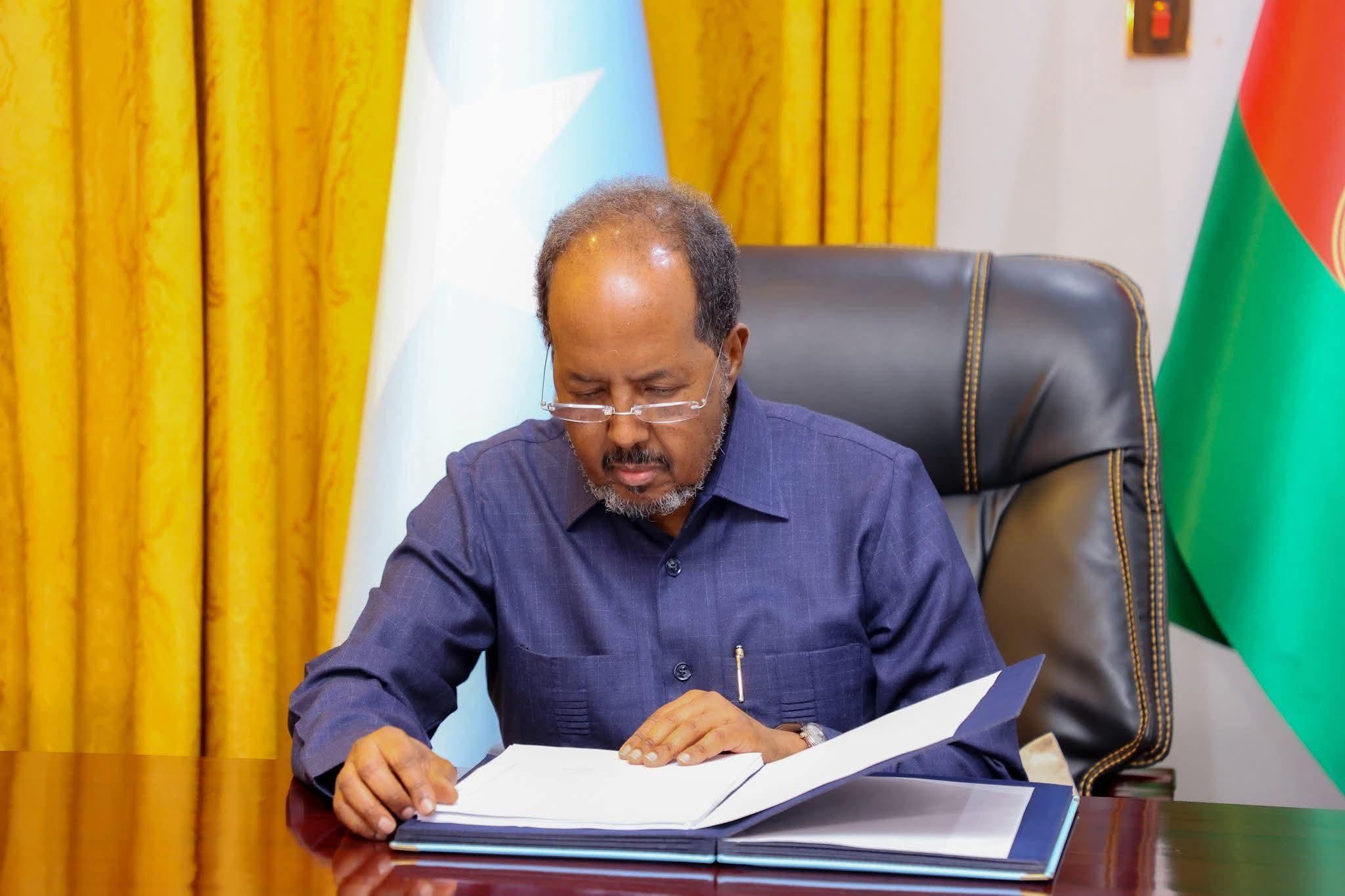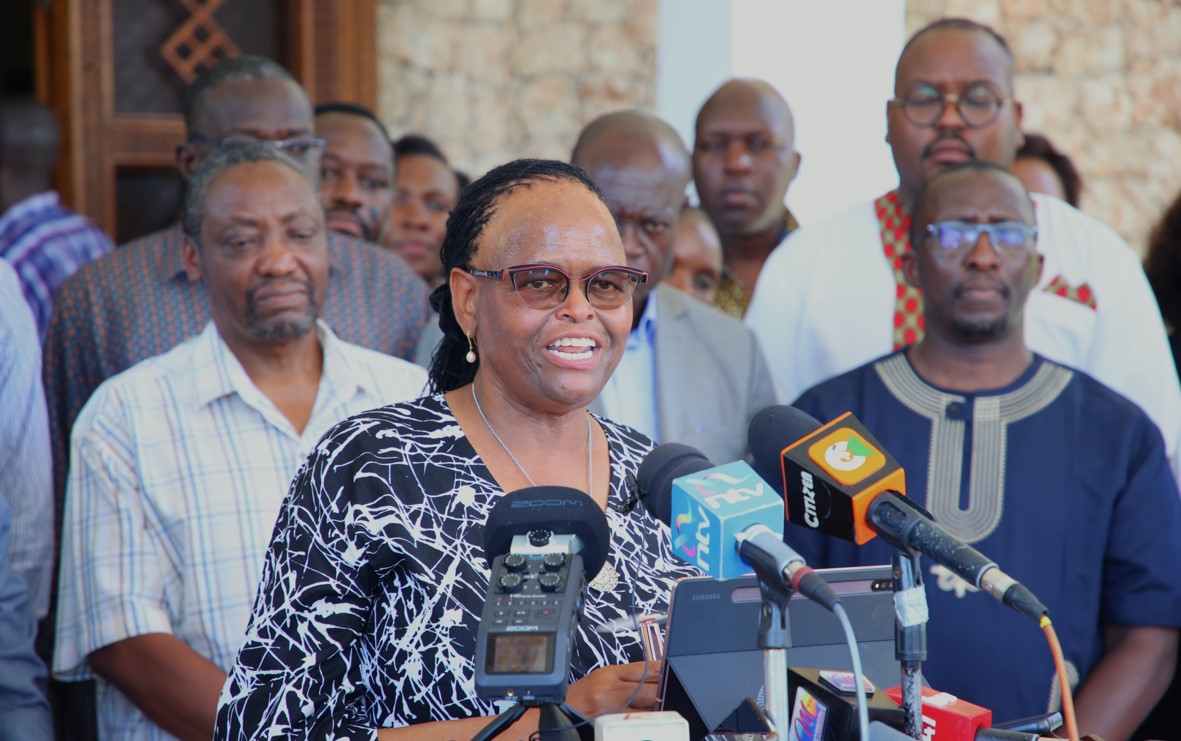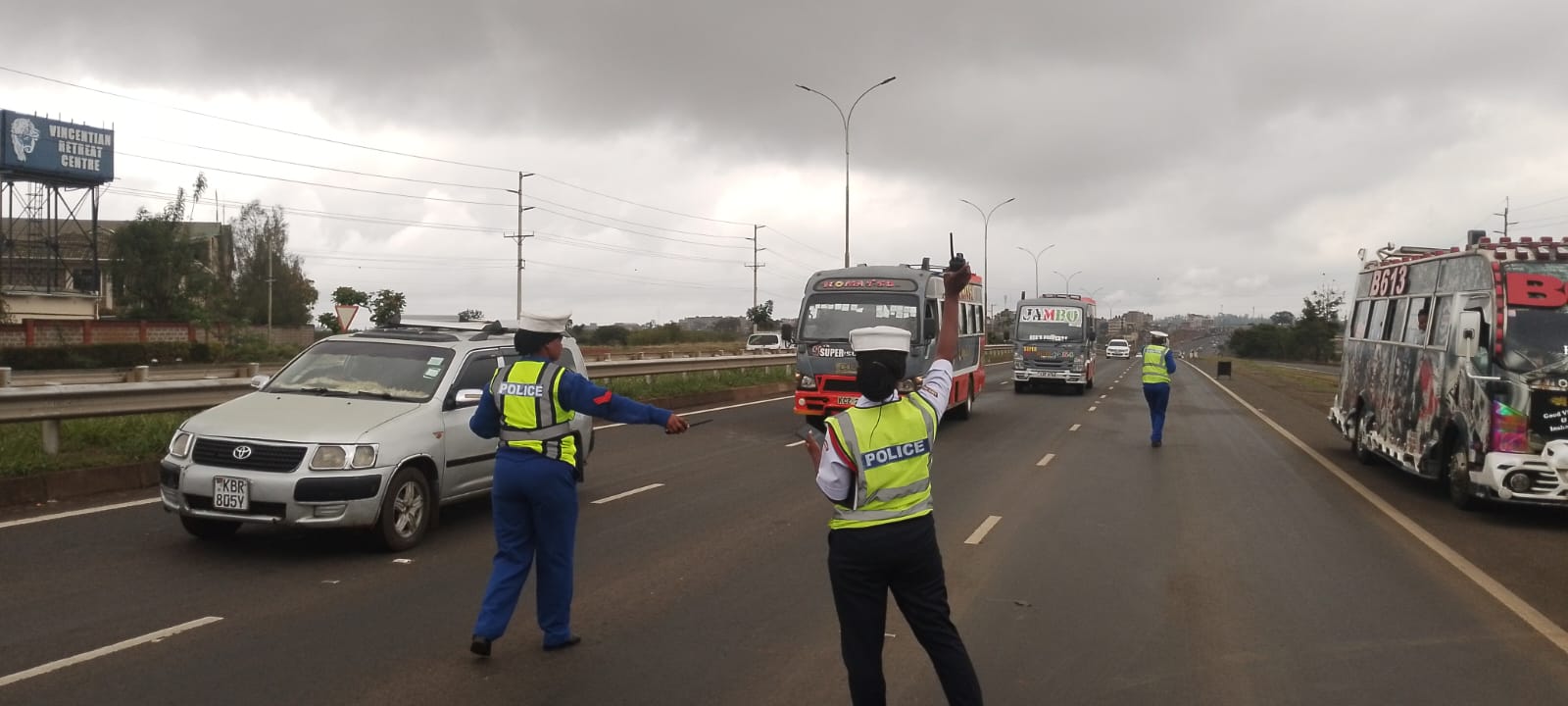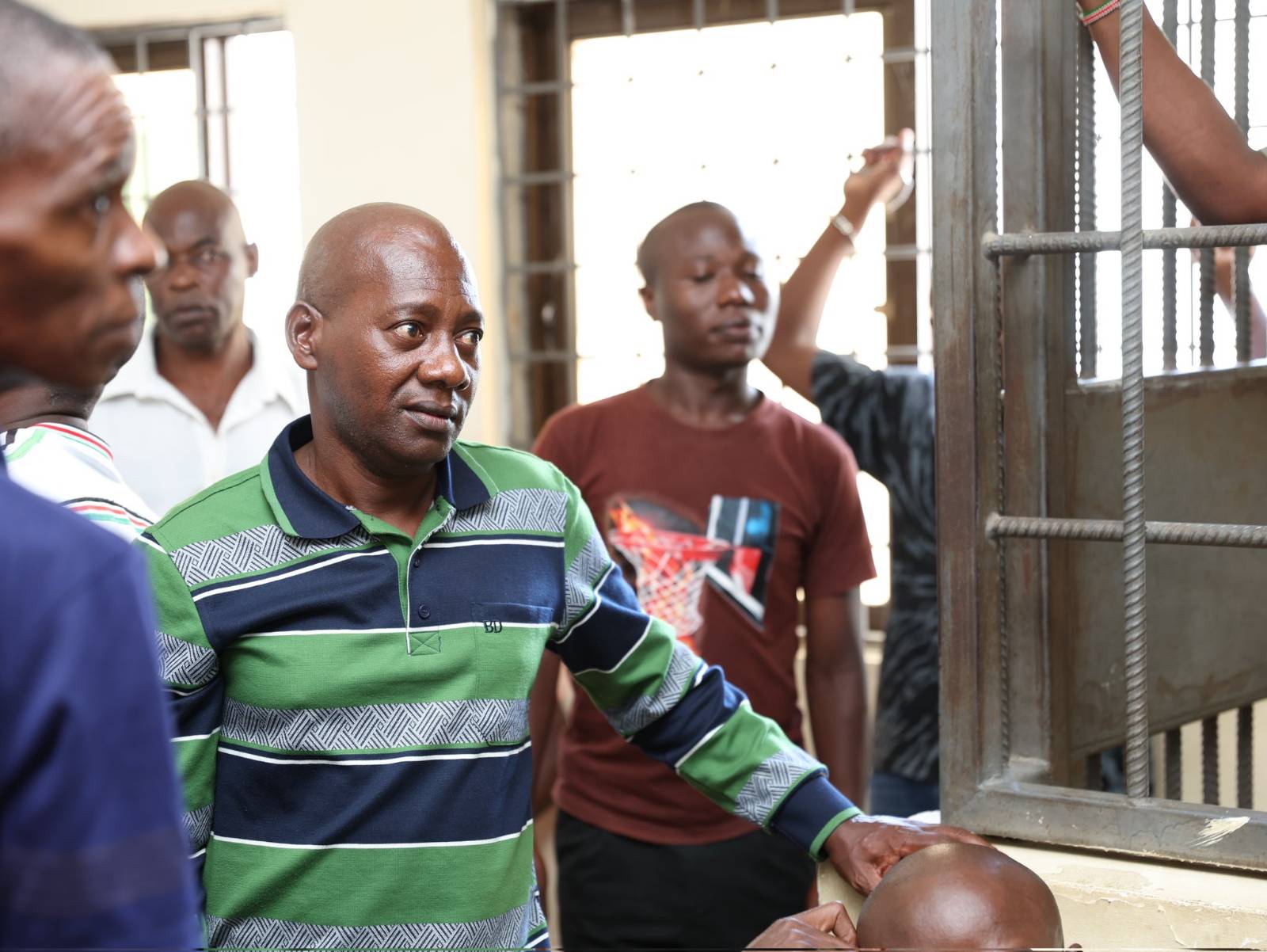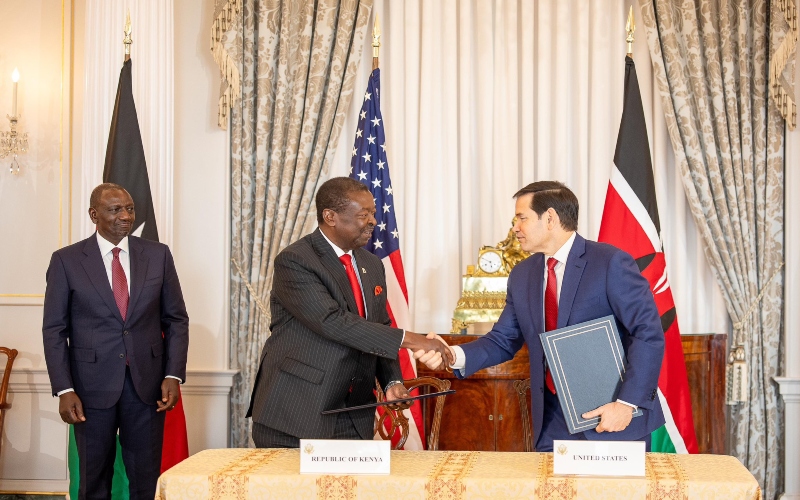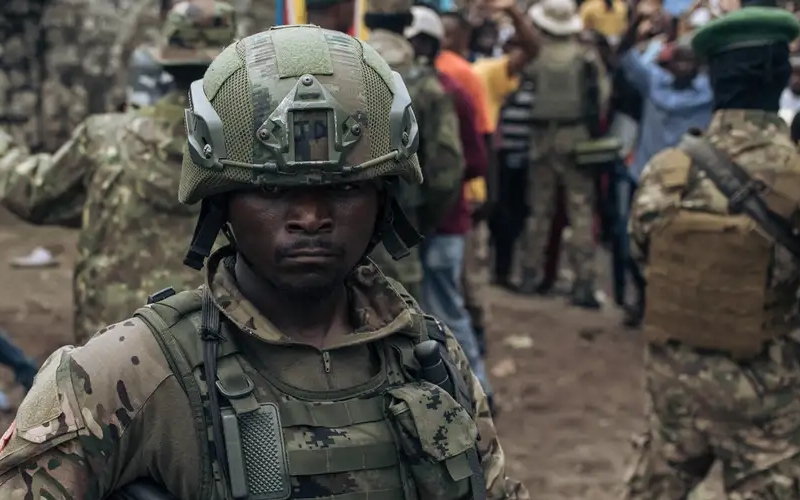Attacks on health practitioners, medical facilities escalate amid ongoing conflicts
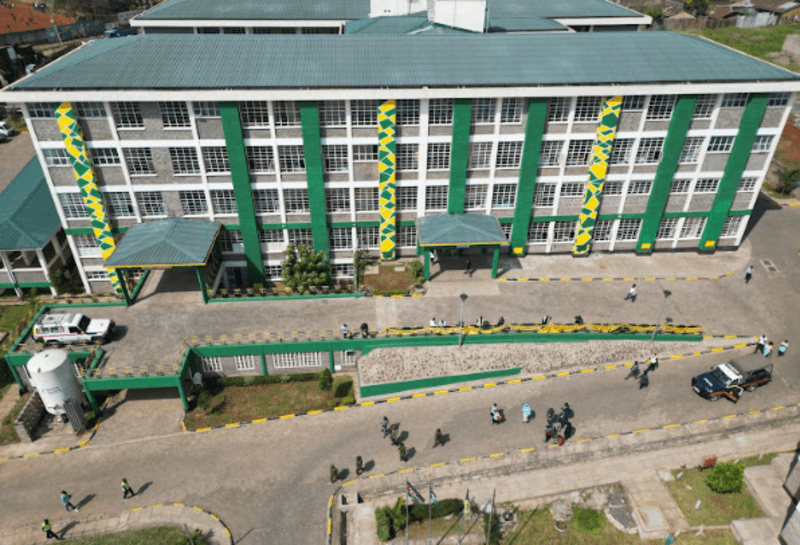
The ongoing conflicts worldwide have led to severe consequences, including displacement, widespread famine, and targeted attacks on medical facilities and civilians.
In the first five months of 2024 alone, the World Health Organisation (WHO) has documented 527 attacks on healthcare facilities, assets, and personnel across 13 countries and territories.
More To Read
- Kanja admits police could have done better in handling Gen Z protests, advocates for training
- Over 100 facilities accredited by SHA to provide cancer care after protests
- Humanitarian agency appeals for Sh2.1 billion to aid 2.1 million Kenyans facing floods, drought
- Three missing as boat capsizes during East Africa Ocean Festival in Mombasa
- LSK’s Faith Odhiambo quits Ruto’s victims compensation panel over legal delays, court hurdles
- Wajir doctors to get promotions, training opportunities in new deal with county
In Kenya, during the anti-Finance Bill protests on Tuesday, a doctor volunteering to provide medical services to protesters tragically succumbed to gunshot injuries.
Reports indicate that she was shot by police officers, and despite efforts to rush her to the hospital, her ambulance was delayed by roadblocks and traffic disruptions.
She was among several casualties as police officers fired live bullets when the protests turned chaotic. The shooting began when protesters breached security at the National Assembly, leading to significant losses and damages. About 23 Kenyans have been confirmed dead from gunshot wounds, with many others sustaining major injuries and receiving treatment at Kenyatta National Hospital and other hospitals.
On the same day, angry protesters stoned Kenya Red Cross ambulances after they were seen ferrying members of parliament from the assembly instead of attending to those wounded by the police.
The Kenya Red Cross reported that its vehicles had been attacked during the anti-tax demonstrations, resulting in injuries to staff and volunteers.
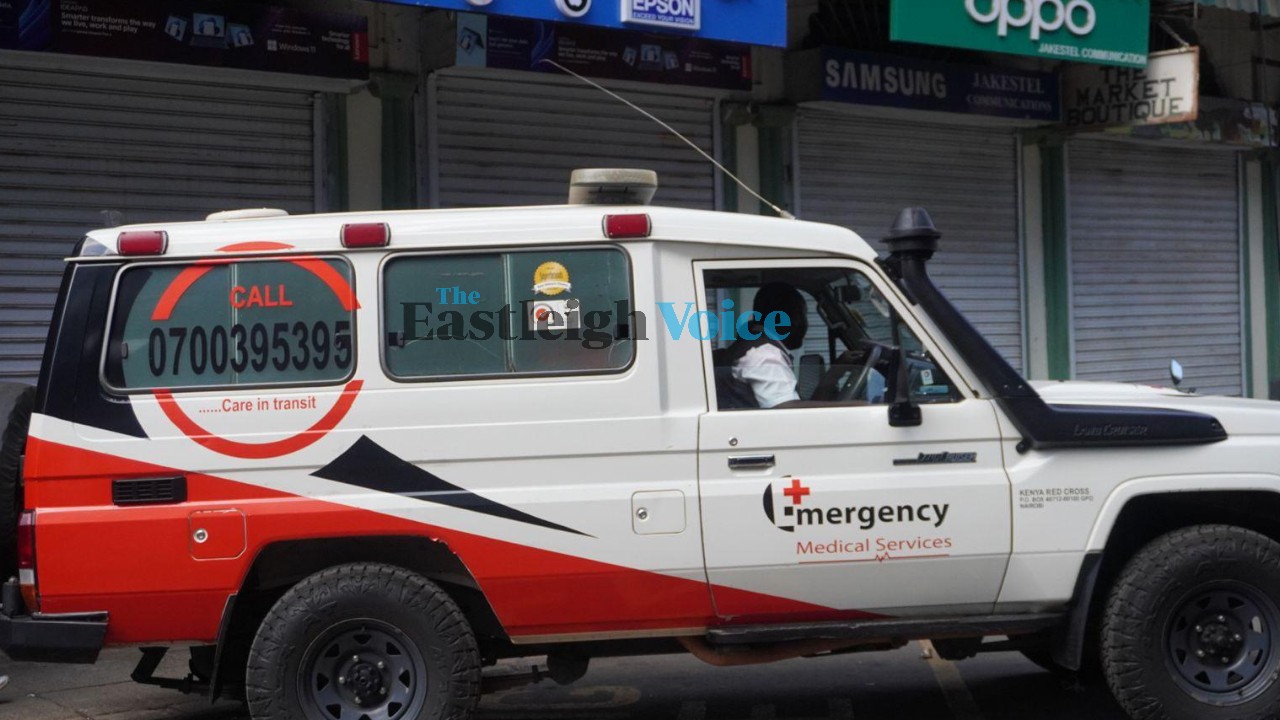 Emergency medical services personnel during anti-Finance Bill protests in Nairobi CBD on June 25, 2024. (Photo: Hafsa Hassan)
Emergency medical services personnel during anti-Finance Bill protests in Nairobi CBD on June 25, 2024. (Photo: Hafsa Hassan)
"We can't provide life-saving interventions without access and safety for our staff and volunteers. It is crucial that we are granted access to continue our humanitarian efforts without hindrance," the Kenya Red Cross said in a statement.
Earlier this month, a violent clash erupted between residents of Kariobangi and Korogocho during the official opening of the Mama Margaret Uhuru Hospital in Korogocho. The ceremony, led by Governor Johnson Sakaja, descended into chaos over disputes concerning the hospital's location and its recent transition from national government to county administration.
The turmoil began when Kariobangi residents stormed the event, arguing that the hospital was wrongly placed under Ruaraka Constituency instead of Embakasi North, where Kariobangi North is situated. They claimed this incident was part of a series of projects being diverted from Kariobangi North due to political rivalries.
In Sudan, numerous facilities have been attacked, leading to the closure of most hospitals and resulting in the loss of lives among medical practitioners. Earlier this month, doctors at South Hospital, one of the last functioning facilities in Al Fashir, were forced to shut down after it came under attack, according to Médecins Sans Frontières (MSF).
MSF noted that this hospital was the only remaining facility in the city where civilians injured in the civil war between the Sudanese army and the paramilitary Rapid Support Forces (RSF) could receive treatment. The city has a population of about 1.5 million, according to the UN.
Reports from MSF indicate that RSF fighters stormed the facility on a Saturday, opening fire, looting drugs and medical equipment, stealing an ambulance, and assaulting staff.
"Opening fire inside a hospital crosses a line," MSF Head of Emergencies Michel Lacharite condemned the attack as "outrageous." He emphasised that the responsibility lies with the warring parties to spare medical facilities. The suspension of hospital activities is a devastating setback for Al-Fashir residents.
According to MSF, this facility was "the only one equipped to manage mass casualties and one of two hospitals with surgical capacity." It noted that more than 1,300 injured people sought treatment there in the past month alone.
WHO reports that about 15 million people currently need health assistance in Sudan, with more than 70 per cent of hospitals in war-affected areas not functioning.
Speaking on his X handle about the attacks on health facilities in Sudan, WHO Director-General Tedros Adhanom noted, "The only renal dialysis centre in El Fasher can no longer provide life-saving services following attacks last Sunday. Approximately 90 patients who depended on the centre are in imminent jeopardy due to its closure." Tedros condemned the attacks, which have led to the deaths of medics.
Since April last year, over 40,000 people have died in Sudan's ongoing conflict between the army and RSF, according to Ahmed Abbas, spokesperson for the independent Sudan Doctors’ Union.
Abbas described Sudan's health system as "collapsed," worsened by the rainy season and outbreaks of malaria, dengue, measles, and other diseases. He noted that "80% of health services are non-functional, and the rest lack essential supplies and medications amid ongoing water and electricity outages."
The ongoing conflict in Sudan has destroyed 28 hospitals and health centers and forced the evacuation of 22 medical facilities, some now occupied by warring forces, according to Abbas. He revealed that over 58 doctors have been killed in the conflict, with many others arrested, tortured, or interrogated. Attacks on medical workers in conflict-ridden Sudan have forced some aid organisations to leave or stop operations in regions like Gezira and El Fasher. Médecins Sans Frontières (Doctors Without Borders) is among those affected.
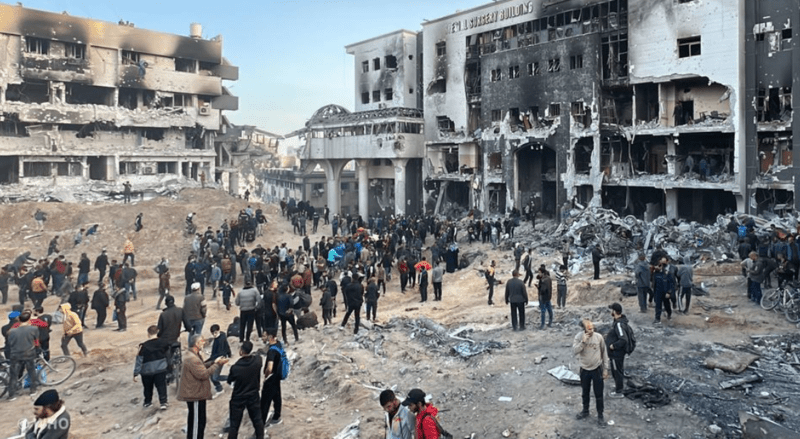 People gather outside the remains of Al-Shifa Hospital, Gaza's largest health facility. (WHO/file)
People gather outside the remains of Al-Shifa Hospital, Gaza's largest health facility. (WHO/file)
In May of this year, the eastern Democratic Republic of the Congo witnessed a tragic attack on a health centre, resulting in the deaths of at least eight civilians. Local reports from North Kivu Province detailed the loss of lives, the disappearance of a nurse, and the burning of a house in the aftermath.
Similarly, in February, Doctors without Borders (MSF) highlighted the grave impact of violent assaults on medical facilities across South Sudan. These brutal attacks targeted patients and hospital staff, severely disrupting MSF's humanitarian efforts amid a conflict that has displaced over 860,000 people since mid-December.
In another tragic incident in May, Medical Team International mourned the loss of a team member and injuries to others during an attack on their convoy in Ethiopia Amhara region. The convoy, which was travelling through the insecure territory, was ambushed by armed assailants.
The UN Human Rights Office also reports the killing of 500 health workers in Gaza since October 7, 2023. According to WHO, there were approximately 20,000 healthcare workers in Gaza as of November 2023.
On June 14, WHO raised the alarm over the attack on healthcare facilities in Gaza. Speaking on his X handle, Tedros mentioned the escalating health crisis.
"In the West Bank, occupied by Palestinian territory, where attacks on health infrastructure and increased restrictions on movement are obstructing access to healthcare," said Tedros.
Top Stories Today
